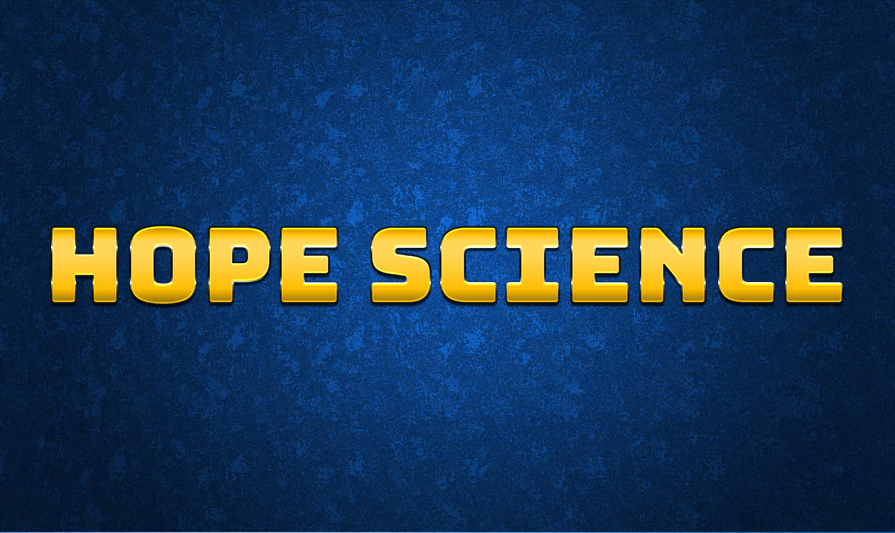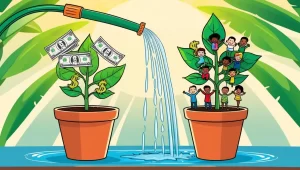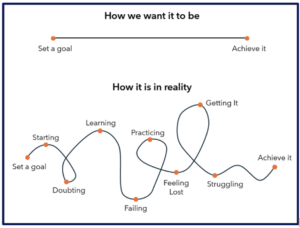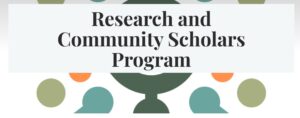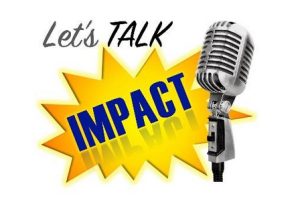Before accomplishing anything in life, there must first be hope. Without it, there would be no point in trying. If we don’t think we can succeed, why bother?
The belief in hope may sound more like a truism than something tangible and actionable, but hope science is not the same thing as wishful thinking. That latter may describe somebody waiting around, passively hoping things will get better somehow.
Hope science, however, is something far different. It’s about the belief that things will get better because we will take an active role in influencing our future by taking specific steps towards our goals. Then, hope becomes more than a mindset—it becomes a plan, a strategy, a way forward.
It’s the approach we take at Evaluation Plus in everything we do. Science tells us there are evidence-based approaches that actually prevent child abuse, for example. Do X and you will get Y. Include parents and others not typically involved in the system that addresses child abuse and we start to see innovative ideas emerge. We approach this serious problem with hopefulness, knowing there are things we can do to protect kids.
Hope science is also a strategy for our society as we deal with crime, both for victims and for law enforcement personnel. The current law enforcement workforce crisis is impacting public safety across our communities nationwide. More than 75 percent of law enforcement agencies are having difficulty recruiting and many are struggling to fill vacancies as people are leaving the profession after serving only a year or two.
According to the latest law enforcement statistics from the National Alliance for Mental Illness (NAMI), police officers report higher rates of depression, burnout, PTSD, and anxiety than the general population. Disturbingly, their rate of suicide is three times higher than the national average.
A strong and healthy law enforcement sector is vital to ensuring the well-being and safety of our families and our communities. That is why the Department of Justice’s Office for Victims of Crime (OVC) introduced The Fostering Resilience and Hope: Bridging the Gap Between Law Enforcement and The Community initiative, known as Project HOPE. Project HOPE is a three-year demonstration initiative that infuses the science of hope to build protective factors and assist law enforcement officers with addressing burnout, trauma and adversity to improve officer well-being and community connections.
Hope is also a critical factor for many groups who are denied basic human rights. In our work with LGBTI elders, we’re seeing the power of hope between organizations, individuals and regions. Our learning from that project shows that when we build hope in individuals, organizations and regions, that leads to the collective action steps that are necessary to achieve basic human rights for LGBTI older adults.
We must not dismiss the power of hope in solving society’s problems. Quite the contrary—Let’s harness that energy and use it to change the world for the better.
Laura Pinsoneault, PhD, is president and CEO of Evaluation Plus.


